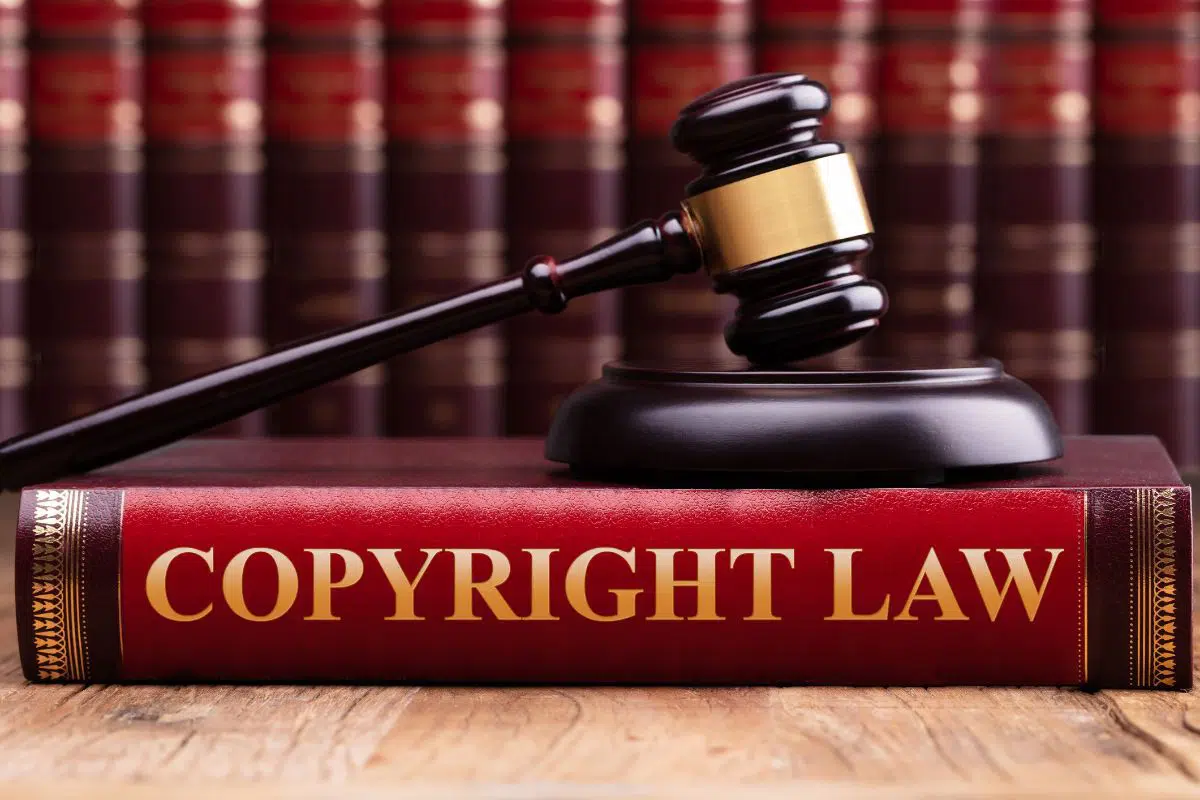Due to the COVID-19 pandemic, most churches have been streaming services online in order to continue to minister to their congregations. Some churches live-stream their services on their Facebook pages or post their services there after the live event. Since many services use copyrighted worship music and lyrics — either through public platforms like YouTube assuming their right to use the material falls under “fair use” law, or by having a licensing agreement with entities like Christian Copyright Licensing International (CCLI), Christian Video Licensing International (CVLI), or Christian Copyright Solutions (CCS) — churches may assume they are protected. But this is not always the case.
What is a copyright?
A copyright protects the expression of an original idea and provides the holder with the exclusive rights to copy, modify, distribute, display, and perform the work. Typical examples include protection for written works, music, dramatic works, films, artwork, architecture, software, and website design. A copyright does not protect the idea or concept itself, but the expression of it.
Restrictions on the use of copyrighted music
The exception that applies to the use of copyrighted music performed in a religious worship service does not apply to streaming church services. Without a license from the copyright owner, churches are not allowed to:
- Broadcast online (or otherwise) the performance of copyrighted music.
- Broadcast the lyrics to a copyrighted song.
- Record the performance of copyrighted music.
- Make copies of its recordings of copyrighted music.
- Rebroadcast music or videos created by others.
- Download music or videos created by others for rebroadcast.
In addition, Facebook is likely to flag the use of copyrighted content in a church’s streamed service and remove the video from its page.
If your church has a license agreement with a streaming service provider, be sure to check the agreement so you know what is and is not covered in the license. Better yet, consult with an attorney who has experience with churches to help you safely navigate copyright law.
Provident Law’s nonprofit attorneys can help churches and religious organizations and their boards. We stand ready to counsel and serve churches, charities, and foundations, as well as private schools, colleges, universities, and other types of nonprofit organizations—providing broad transactional and general counsel services in Arizona and surrounding areas. Contact us to learn more.


